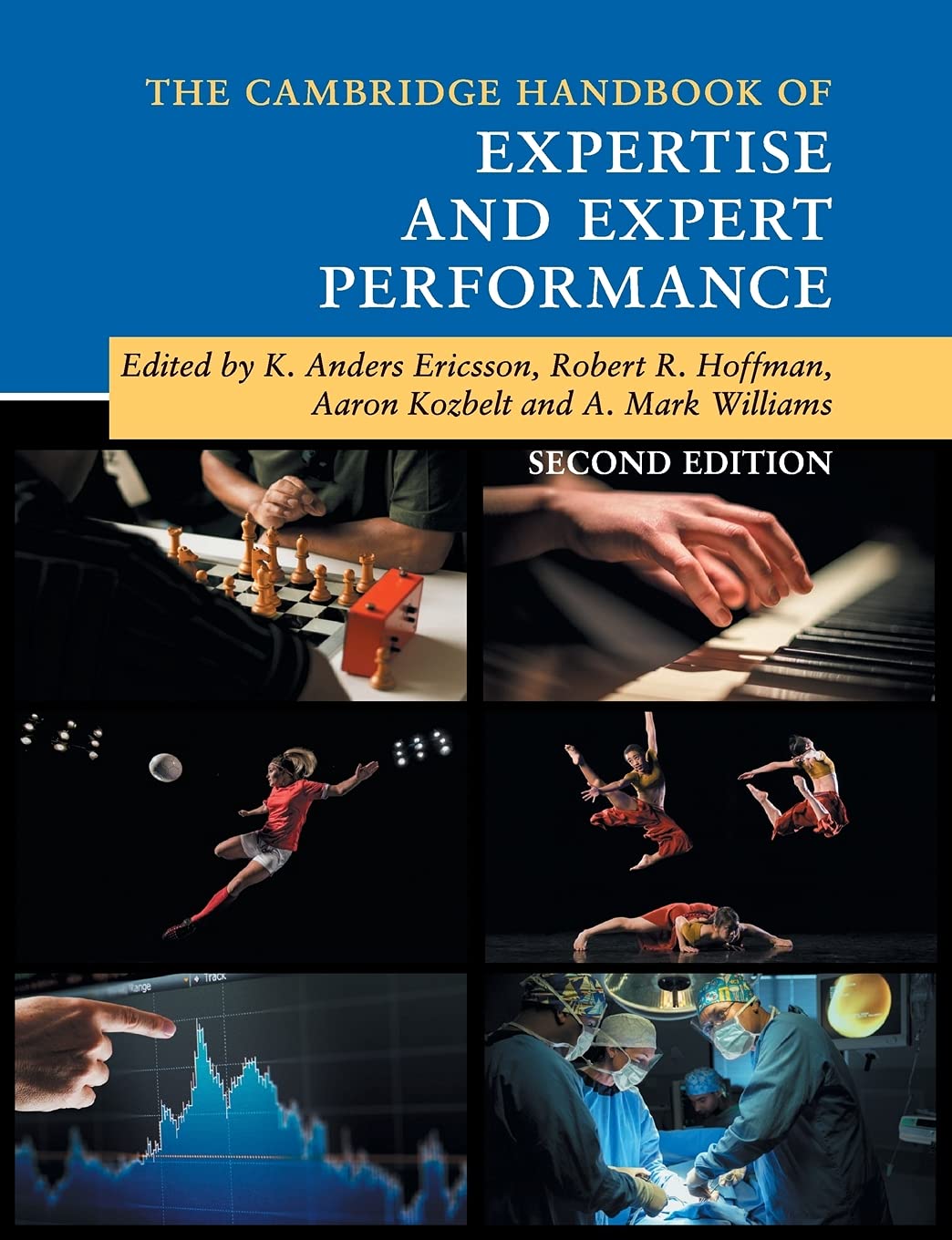Here are some excerpts:
- http://www.psy.fsu.edu/faculty/ericsson/ericsson.exp.perf.ht...
- http://www.psy.fsu.edu/faculty/ericsson/ericsson.mem.exp.htm...
One of the really amazing things about the export performance literature by Ericsson, Charness, and others
http://www.amazon.com/Cambridge-Expertise-Performance-Handbo...
is that it comes out of a tradition in psychology--individual differences psychology--that very readily defaults to genetic explanations and very readily ignores possible environmental explanations of the same individual differences. Ericsson's experimental results in training digit span (which is part of the item content of same IQ test batteries) were completely surprising when published in peer-reviewed journals--no one ever imagined that digit span
http://comminfo.rutgers.edu/~kantor/t/MLIS/551/public_dump/m...
was such a malleable ability.
But digit span, which is malleable (trainable), is closely related to the "working memory capacity" that the authors are implicitly claiming is not malleable. That is not at all clear, and much experimental work suggests that working memory capacity is more malleable than the authors acknowledge in this opinion piece.
Also on-point here is pg's comment from his essay "What You'll Wish You'd Known"
http://www.paulgraham.com/hs.html
"I'm not saying there's no such thing as genius. But if you're trying to choose between two theories and one gives you an excuse for being lazy, the other one is probably right."
I upvoted your comment to agree with your recommendation of the definitive book on the subject.
http://www.amazon.com/Cambridge-Expertise-Performance-Handbo...
To answer the question you pose above about other domains, I have not seen language learning reported in the expert performance literature, but I was a language learner (native speaker of English who was studying Chinese) who perhaps arguably did reach expert level in my acquired language (I passed testing to be a contract Chinese-English interpreter for the United States federal government). It took perhaps 10,000 learning contact hours (many of those hours during a three-year stay overseas after completing my undergraduate degree in Chinese) to reach that level of language proficiency, which was confirmed by other tests. I also had excellent instruction in Chinese with some of the best materials then avaiable, and a lot of supportive help from linguistics that I studied at the time. Some of my advice on language learning
http://learninfreedom.org/languagebooks.html
would probably help other learners get the most benefit per hour in their language learning situations that they can.
What I find most interesting about K. Anders Ericsson's research on expert performance is the suggestion that some domains have few or no experts, when experts are defined as persons with statistically reliably superior performance in the domain. The example I recall from one of his research papers is choosing common stocks in which to invest for sustained high returns. Some people beat the market for a while, but most stick-pickers do very little better than simply investing in a diverse basket of stocks chosen without conscious thought.
http://projects.ict.usc.edu/itw/gel/EricssonDeliberatePracti...
The Cambridge Handbook of Expertise and Expert Performance also covers a wide range of research on performance and expertise in various areas http://www.amazon.com/Cambridge-Expertise-Performance-Handbo...
http://www.amazon.com/Cambridge-Expertise-Performance-Handbo...
It's a compilation of academic papers and was the basis for Gladwell's book. It is not lightweight entertainment reading, but it's the real deal.


https://www.amazon.com/Cambridge-Expertise-Performance-Handb...